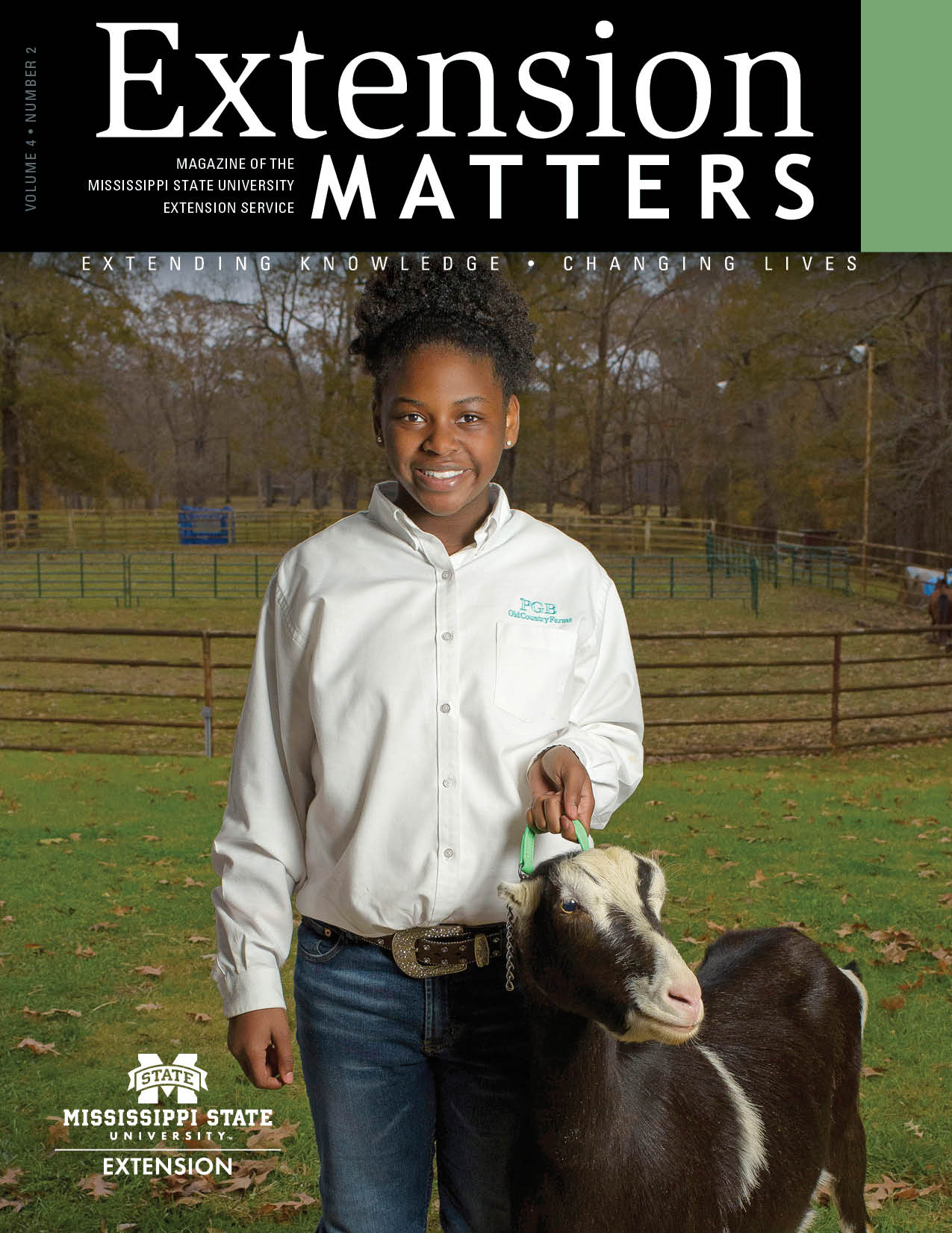Doing the “Heart” Work

Kelly Griffin, Harrison County Beautification Commission Director and Coastal Cleanup Volunteer
Resident Works to Remove Debris & Protect Environment
Story by Susan Collins-Smith • Photos by Kevin Hudson
Kelly Griffin remembers when Harrison County began its recycling program.
“I was in elementary school when the county began curbside recycling,” she says. “My sister, brother, and I would argue every week about who was going to take the bin out to the road.”
Griffin remained committed to recycling through the years. Today, as director of the Harrison County Beautification Commission, she leads the effort to keep the county clean and safe by educating and empowering people to dispose of their trash properly. She took the job 2 years ago after working for the county for 8 years as an administrative assistant and inventory control clerk.
She partners with several companies and organizations every year to provide education and events that help children and adults learn about and participate in recycling and litter control.“During my time with Harrison County, I watched the past directors plan events and work within the communities to make them better,” she says. “When the position opened up in 2015, I felt drawn to apply and continue that work to make our coast home a better place.”

“We do a lot of education, which includes teaching people what can and can’t be recycled,” Griffin explains. “For example, some people don’t realize that we can’t accept plastic grocery bags in our bins, but big retailers will take them back and recycle them. It’s a learning curve for a lot of people.”
But their work is catching on. Griffin says the number of people using curbside recycling is up by almost 70 percent since October 2017, when the county issued new recycle carts for residents. She also has noted an increase in the number of people participating in the monthly household waste disposal event, which allows people to dispose of batteries, paint, tires, appliances, and other items that should not go into landfills.
“I have seen the household waste event grow drastically in the last 2 years, going from about 50 cars coming through to about 300 cars per 4-hour event,” Griffin says. “I really think people are becoming more aware of what they throw away and what can be recycled.”
And that’s something Griffin is excited about. As the Harrison County coordinator of the Mississippi Coastal Cleanup, she sees just how much litter threatens the coastal environment.
“The Coastal Cleanup is a perfect platform to show people that recycling and trash-reduction is needed in our county and state,” Griffin says. “It’s one of the largest events we have to make our coast more beautiful and healthy. Trash isn’t just an aesthetic problem; it is harmful to the very delicate ecosystem on our coast.”
Griffin works closely with the Mississippi State University Extension Service to coordinate Harrison County’s cleanup sites and volunteers as part of her beautification commission duties. The cleanup is an Extension-led annual event aimed at removing debris from beaches, waterways, and barrier islands. The Mississippi Marine Debris Task Force co-organizes the event.
In 2017, more than 1,700 volunteers collected 13 tons of trash from more than 40 sites along the coast. About 900 of those volunteers worked at Harrison County sites, which include 26 miles of sand beach, Deer Island, and other inland waterways, such as the Popps Ferry Causeway.
“In a 4-hour period, we collected a little over 6 tons of trash just from Harrison County,” Griffin emphasizes. “That’s a huge impact!”
She and Dr. Eric Sparks, Coastal Cleanup program leader and Extension coastal ecology specialist, hope those numbers make an impression on people.
“I hope the event helps people understand that they can make a difference by making small changes,” Sparks says. “Maybe they will choose not to use a plastic bag when they can use something else, like a cloth grocery bag instead. I’d love to see us have marine debris collection events where there’s nothing to pick up.”
The Mississippi Coastal Cleanup Program has two events scheduled for 2018. The first is set for July 5 to help remove trash from the beaches after July 4 celebrations. The second is the annual Mississippi Coastal Cleanup, which is scheduled for October 20.
To volunteer or learn more about the Mississippi Coastal Cleanup Program, visit http://mscoastalcleanup.org.
“Trash isn’t just an aesthetic problem; it is harmful to the very delicate ecosystem on our coast.”
KELLY GRIFFIN

